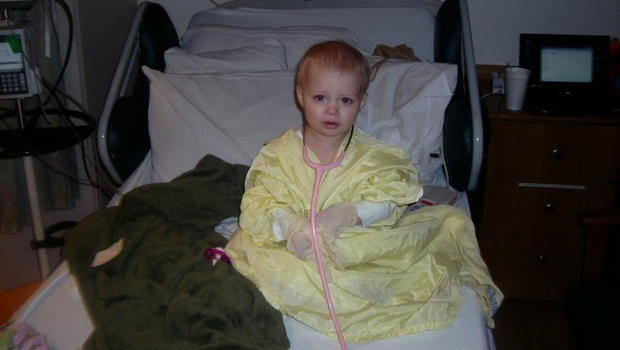Many cancer survivors face financial hardships
Almost a third of cancer survivors experience financial burdens which can have lasting effects on their physical and mental health and quality of life, according to a new study published online in CANCER, a peer-reviewed journal of the American Cancer Society.
Researchers from Virginia Commonwealth University School of Pharmacy analyzed data on 19.6 million cancer survivors in the U.S. and found that nearly 29 percent reported financial hardships.
Of the cancer survivors surveyed, 21 percent worried about paying large medical bills, 11.5 percent reported being unable to cover the cost of medical care visits, 7.6 percent said they borrowed money or have gone into debt, 1.5 percent declared bankruptcy, and 8.6 percent reported other financial sacrifices.
The study points out that average out-of-pocket spending by patients with cancer is estimated at $1,730 to $4,727 per year, depending on their insurance status.
The researchers also looked at how financial hardships affected the participants' physical and mental health and quality of life. They found that cancer survivors who suffered a financial burden had nearly two times higher odds of experiencing a depressed mood.
Cancer survivors with financial burdens were also significantly more likely to report psychological distress and to worry about cancer recurrence and how another round of illness would affect their responsibilities. The greater the financial problems cited by cancer survivors, the lower the quality of life they reported.
The study builds on previous research that has shown the out-of-pocket costs associated with cancer treatment can be debilitating.
For example, a 2015 survey of 99 families of children being treated for cancer at Dana-Farber/Boston Children's looked at the financial impact of childhood cancer. The study, published in the journal Pediatrics Blood & Cancer, found that at the time of diagnosis, 20 percent of the families were reported to be low-income (defined as being at 200 percent of the federal poverty level). Six months later, an additional 12 percent of families had suffered financial setbacks that placed them below the federal poverty level. After that six-month mark, 56 percent of the adults who were supporting their families reported a disruption in their work, with 15 percent of parents either quitting or being laid off from their jobs.
Shauna McLaughlin is one parent who experienced such financial burden. Her daughter, Madison Bergstrom, 7, was first diagnosed with acute lymphoblastic leukemia in March 2010. After two years of treatment, Madison was declared cancer-free, only to relapse a year later in 2013.
McLaughlin, a single mom, told CBS News it's a difficult balance making sure her daughter has the best possible care while staying afloat financially.
"I remember one time, a couple years ago, when I was taking Madison to the emergency room but I didn't have money for gas. I had to stop at my grandmother's house to borrow cash and then rush to the emergency room," McLaughlin said in an interview last fall. "It can be a real struggle."
McLaughlin found help in a non-profit organization called Family Reach, which provides families with grants to pay for things like rent and transportation bills. "It was just an amazing organization that made life easier for me," she said. "You don't always realize how hard it is."
The authors of the current study say that policy changes are needed to minimize cancer patients' out-of-pocket expenses in order to improve their quality of life.
"Reducing the financial burden of cancer care requires integrated efforts, and the study findings are useful for survivorship care programs, oncologists, payers, pharmaceutical companies, and patients and their family members," study author Norman Carroll, Ph.D., said in a statement.
Carroll's co-author, Hrishikesh Kale, M.S., said oncologists should consider selecting treatment options that are less expensive but similar in effectiveness, discuss costs with patients, and involve them in making decisions about their therapy. Cancer patients can be proactive, too, he said.
"Cancer patients and family members should educate themselves regarding survivorship issues, coverage and benefit design of their health plans, and organizations that provide financial assistance," he said. "Cancer survivorship care programs can identify survivors with the greatest financial burden and focus on helping them cope with psychological stress, anxiety, and depression throughout their journey with cancer."
McLaughlin said that while health, not money, is the top priority when it comes to dealing with cancer, financial issues should not be overlooked.
"The financial aspect of cancer treatment is not really talked about as much as it should be," she said. "It's debilitating not just for the people with children with cancer, but for people who have cancer themselves, for families. It affects everyone."

